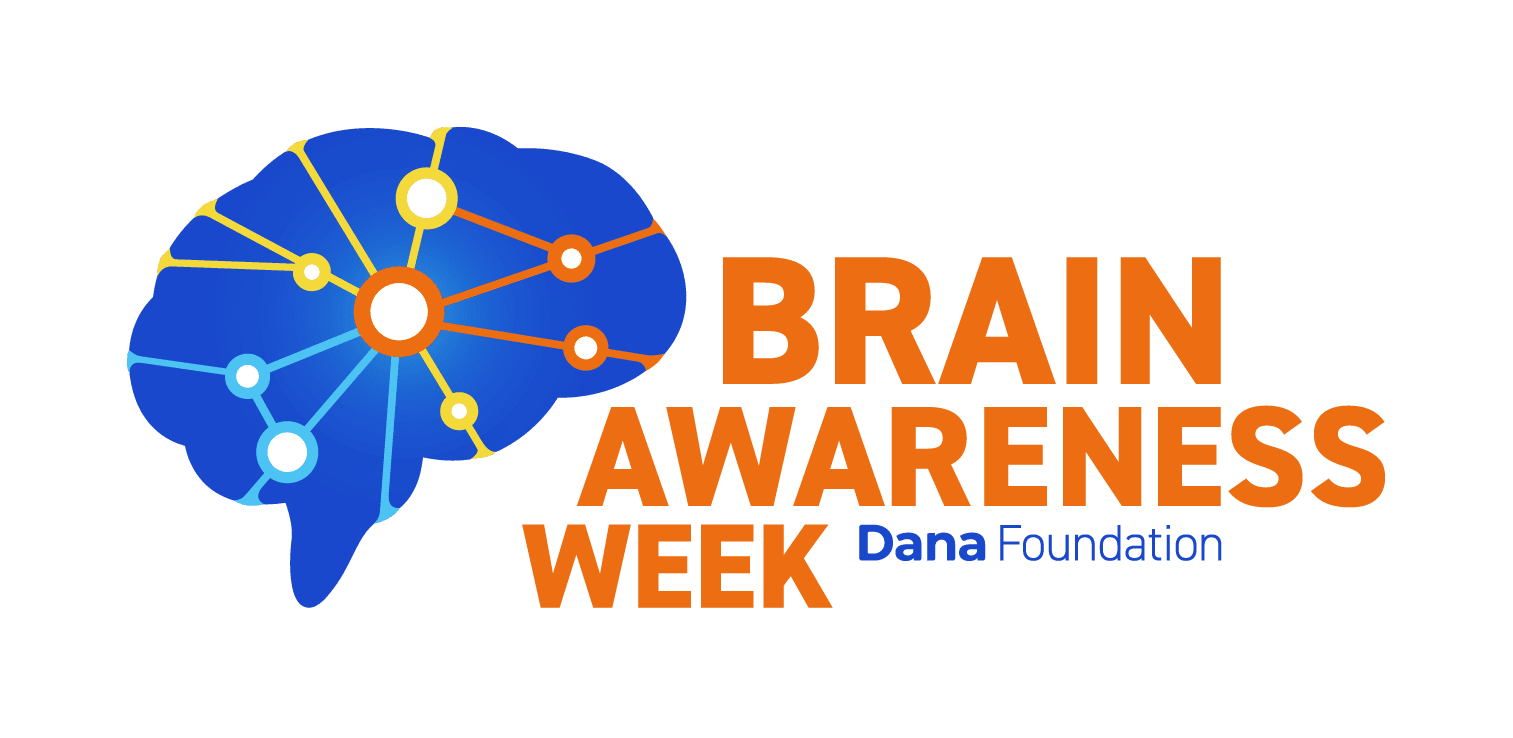A Recap of Brain Awareness Week 2023
Author: Vanessa Parise
What Is Brain Awareness Week?

Brain Awareness Week is a global campaign initiated by the Dana Foundation that aims to increase public awareness of brain research and the benefits of a healthy brain. The Dana foundation is a private philanthropic organization that supports brain research through grants, public outreach activities, and advocacy. Its mission is to promote the understanding of brain science and improve human health and well-being. In collaboration with various entities such as universities, hospitals, K-12 schools, and government agencies, the campaign seeks to create more public enthusiasm for neuroscience research. The Dana Foundation also funds neuroscience research, sponsors initiatives to increase public awareness of the brain, and publishes resources for the general public on brain science and health.
Historically, the McMaster Neuroscience and PNB graduate programs have invited multiple experts to discuss the importance of their research and introduce graduate students to various facets of neuroscience.
Brain Awareness Week McMaster 2023

Dr. Ruth Lanius MD, PhD, FRCPC is a professor of psychiatry at Western University in London Ontario. She is the director of the research efforts aimed towards Post-Traumatic Stress Disorder and has notably established the Traumatic Stress Service and Traumatic Stress Service Workplace Program (services that provided specialized treatment for PTSD and comorbid disorders).
This year, Dr. Lanius presented two facets of her current research and explained how they are interconnected. The first presentation focused on the 'Mind-Body Relationship' in the aftermath of trauma and its implication in treating those suffering from PTSD. Her second talk delved deeper into this relationship and emphasized Alpha wave neurofeedback, which can help individuals with PTSD regain control over their bodies.
The theme of Dr. Lanius's research is that the creation of our emotions relies on a cascade of corresponding mental and physical symptoms. Those suffering from PTSD are unable to properly integrate all incoming information from their internal and external environments, creating an imbalance in memory, emotional regulation, and sense of self. Specifically, as she outlines in the article 'Alpha oscillation neurofeedback modulates amygdala complex connectivity and arousal in posttraumatic stress disorder' (Nicholson et al., 2016), individuals who were able to maintain alpha oscillations via neurofeedback were able to successfully downregulate their amygdala. This shift in amygdala complex connectivity was correlated with reduced hyperarousal among patients.
Why Is this important?
You may wonder why Brain Awareness Week is important as neuroscience graduate students. The answer lies in the fact that we sometimes become so engrossed in our own research that we forget how vast the field of neuroscience truly is. At McMaster University, Brain Awareness Week allows students from various neuroscience disciplines to come together and learn about facets of research that they may have had no prior exposure to.
More importantly, these talks provide an opportunity to witness knowledge translation in real-time. As previously mentioned, some concepts covered in these talks may lie outside of our own expertise, and one of the speaker's jobs is to deliver their information in a way that non-experts can understand. Exposure to this type of knowledge translation is a crucial part of the graduate experience as it prepares us for communicating our own research to others.
Ruth Lanius MD, Phd, FRCPC. Psychiatry - Western University. (n.d.). Retrieved April 13, 2023, from https://www.schulich.uwo.ca/psychiatry/divisions_programs/general_adult_psychiatry/general_psychiatry_faculty/ruth_lanius_md_phd_frcpc.html
Nicholson, A. A., Ros, T., Frewen, P. A., Densmore, M., Théberge, J., Kluetsch, R. C., Jetly, R., & Lanius, R. A. (2016). Alpha oscillation neurofeedback modulates amygdala complex connectivity and arousal in posttraumatic stress disorder. NeuroImage: Clinical, 12, 506–516. https://doi.org/10.1016/j.nicl.2016.07.006